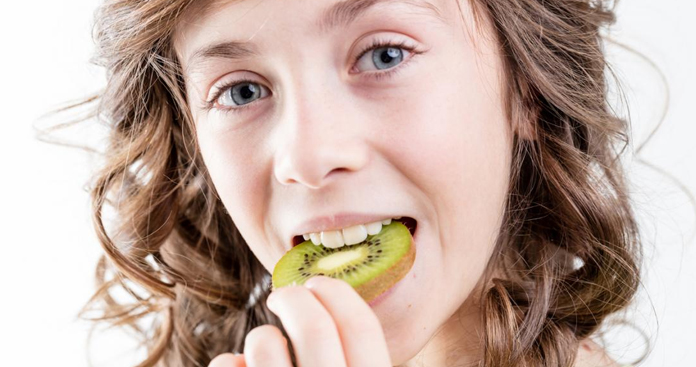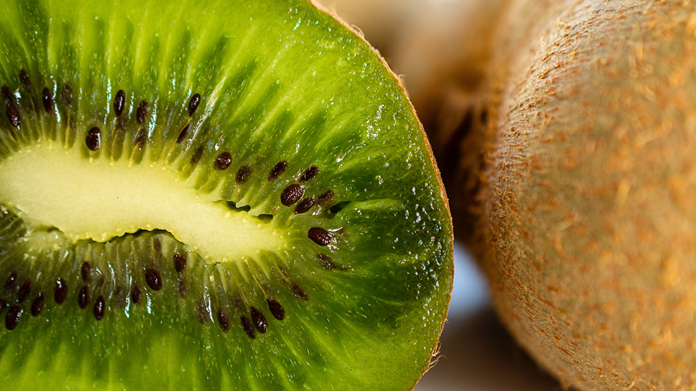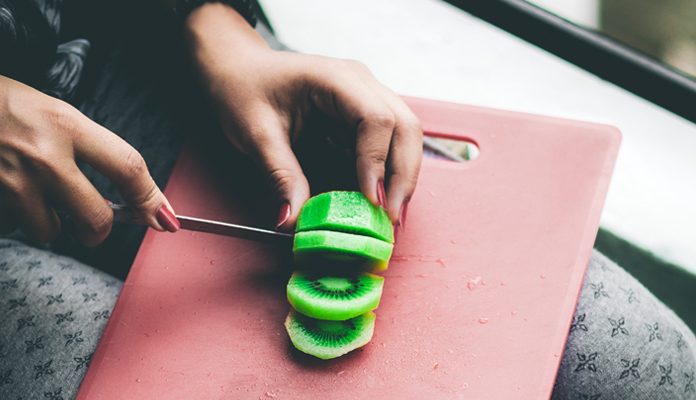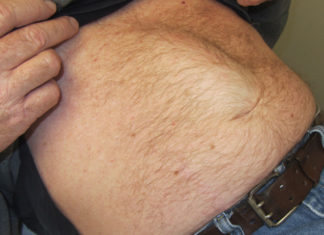The consumption of Kiwi fruit has been on an incessant increase since the last few years because it being a rich source of vitamins and minerals.
This fibrous fruit has a fuzzy brownish-green skin on the outside and has a bright green pulp, rows of tiny black seeds and a white centre on the inside. This fruit is rich in flavour and tastes similar to a mixture of strawberries, pineapple, and bananas.
The bright green flesh of Kiwi fruit provides a rich dose of vitamins such as Vitamin A, Vitamin C, and Vitamin E along with high content of omega-3 fatty acid, Alfa-Linoleic acids, Magnesium, Zinc, Folate, Phosphorous, Potassium, antioxidants and digestive enzymes.
People are familiar with the exceptional benefits of the intake of the pulp of Kiwi fruit leading to the worldwide consumption of the Kiwi fruit flesh. Still, many people wonder whether they can eat the Kiwi fruit skin or not and if yes, what are the expected health benefits.

Can you eat kiwi fruit skin?
Most people cut the kiwi fruit in half and scoop the green pulp out of the skin with a spoon for eating the Kiwi fruit.
But in reality, the brownish fuzzy skin of the Kiwi fruit is as edible as the pulp of the Kiwi fruit. A lot of people find the skin of the Kiwi fruit unappetizing and unappealing.
However, they are unaware of the fact that it does not contain any harmful substance. Still, it is as rich in antioxidants, minerals, and vitamins as the Kiwi fruit itself.
Benefits of kiwi fruit skin
The skin of the Kiwi fruit makes this fruit that is already packed with a high content of nutrients even more nutritious. The benefits of eating the Kiwi fruit skin are as follows:
1. Vitamin C
The amount of Vitamin C and
2. Rich in Flavonoids
The skin of Kiwi fruit is rich in Flavonoids, which are high in antioxidant content and infused anti-inflammatory, anti-cancer, and anti-allergy properties.
3. Antioxidants
The Kiwi fruit skin contains antioxidants thrice in the flesh, which helps combat the dreaded bacteria such as E-coli and Staphylococcus.

Precautions
Like you wash your apples and pieces before eating, make sure to wash the Kiwi before eating the skin properly.
This is because the fur on the skin has dirt and debris caught in it, which needs to be washed off properly before consumption.
The Kiwi fruit has a high content of enzyme Acnitidane/Actinidin, which can cause allergic reactions in both adults and children.
So, if you experience itching on your mouth, palate or lips after you consume a Kiwi fruit, chances are you are allergic to this enzyme. This allergy can later result in difficulty in breathing, rashes, and heartburn.






